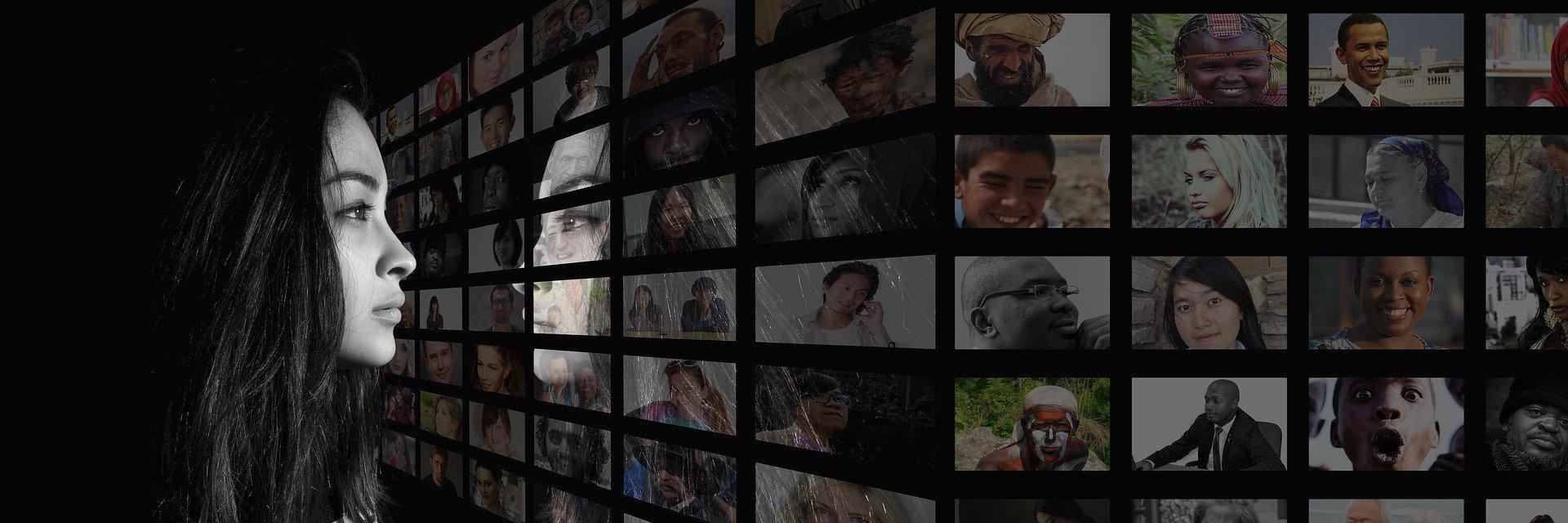- CIRTL Homepage
- Meet our Team
- Resources
- Short Guides
- Short Guide 1: Starting Well
- Short Guide 2: Scaffolding Learning
- Short Guide 3: Icebreakers
- Short Guide 5: Discussions for Online Learning
- Short Guide 4: Visualising Thinking
- Short Guide 6: Universal Design for Learning
- Short Guide 7: Group Work
- Short Guide 8: Reimagining Practicals
- Short Guide 9: Assessment in the Age of AI
- Universal Design for Learning
- CIRTL Series
- Sustainable Development Goals Toolkit
- Learning Design Workshops
- Connected Curriculum
- Group Work
- Civic Engagement Toolkit
- Learning Outcomes
- DigiEd Reading List
- Ethical Use of GenAI Toolkit
- Short Guides
- Professional Development
- Research your Teaching
- Projects
- Events
- Office of the Vice President for Learning & Teaching
Speech database
Speech database for teaching and assessing speech disorders and phonetics in Ireland

Explore this page
Project Lead
Alice Lee, Department of Speech and Hearing Sciences, College of Medicine and Health
Project Team Members
Dr. Nicola Bessell, Department of Speech and Hearing Sciences, University College Cork Prof.
Nicole Müller, Department of Speech and Hearing Sciences, University College Cork
Dr. Aileen Wright, School of Allied Health, University of Limerick
Dr. Ciaran Kenny, School of Linguistic, Speech and Communication Sciences, Trinity College Dublin
Dr. Rosemary O’Halpin, School of Linguistic, Speech and Communication Sciences, Trinity College Dublin
Dr. Irena Yanushevskaya, School of Linguistic, Speech and Communication Sciences, Trinity College Dublin; Discipline of Speech and Language Therapy, NUI Galway
Dr. Mary-Pat O’Malley, Discipline of Speech and Language Therapy, NUI Galway
Dr. Jill Titterington, School of Health Sciences, Ulster University
Dr. Orla Duffy, School of Health Sciences, Ulster University
The Teaching Challenge
Auditory-perceptual judgement is a fundamental clinical assessment skill required of speech and language therapists (SLTs). It involves listening to a person’s speech and judging the severity level of speech features present (e.g. hoarse voice, nasalised speech), or using phonetic transcription to document speech errors. Currently, clinical assessment of speech is mostly auditory-perceptual based, and the results of which are applied in differential diagnosis of speech disorders and treatment planning. It has been suggested in the literature that when we listen to speech samples of speech disorders, mental representations of the disordered speech features are formed, and we rely on these mental references to perform auditory-perceptual judgements. In addition, our auditory perception can be affected by our linguistic background. Hence, helping SLT students to develop mental representations of disordered speech features through systematic exposure to a wide range pathological speech samples is essential; however, the materials that are relevant to our context are scarce. Addressing this teaching challenge will benefit various stakeholders including students and teaching staff in the field of SLT and (clinical) phonetics, practising SLTs, and all users of SLT service.
The Project
This project is a first step of an all-Ireland initiative that aims to develop a large-scale online database of typical and disordered speech samples tailored to the particular teaching and assessment needs of the five Irish SLT programmes. In a previous seminar in June 2019 (funded by the T&L National Forum 2018), the present team members discussed the current practice of teaching and assessing SLT students in auditory-perceptual judgement and agreed on the ultimate goal stated above. In this project, we first established on a data collection protocol regarding audio-recording equipment and setting, recording procedure, and speech tasks. The speech tasks include stimuli (e.g. words, sentences, passages) from recognised speech assessments for the following areas: (1) phonetic transcription of English words commonly used for speech assessment; (2) common phonological processes; (3) voice quality; (4) speech disorders associated with cleft palate; and (5) motor speech disorders due to neurological impairments. The team members completed the tasks, forming the typical speech dataset, and simulated speech errors and disorder of voice and resonance. The audio files were annotated using an acoustic analysis software. The products will be available to each team member and may be shared via an online speech corpus sharing platform.
The Impact
The project outputs include a dataset of typical speech and simulated disordered speech and a speech data collection protocol. The speech dataset can be used right away by the team members in teaching. The speech data collection protocol forms a foundation for our future project on developing an online database of speech samples to be collected from children and adults with different speech disorders as well as speech samples from, if applicable, age- and gender-matched typical speakers. The present work addresses the five pillars of UCC 2022: Delivering a Connected University. Pillar one – learning and teaching: as stated above, the speech dataset can be used by the team members in teaching phonetic transcription and auditory-perceptual judgement of speech disorders. Pillar two – research and innovation: the development of the present dataset is based on collaboration with all Irish universities involved in SLT education (practice educators and teaching staff) and input from a student survey. Pillar three – student success: students often request increased exposure to speech samples of different types of speech disorders, but relevant materials are scarce; hence, the present work address the students’ learning needs which in terms promote student success. Pillar four – people and organisational culture: the present project showcases the hard work and creativity of staff members involved in this project. Pillar five – infrastructure and resources: the project outputs form an essential infrastructure and resources in SLT education. During the project, we have communicated about the present initiative with various international specialist research groups, including the Child Speech Disorder Research Network (https://www.nbt.nhs.uk/bristol-speech-language-therapy-research-unit/bsltru-research/child-speech-disorder-research-network), Clinical Phonetics Teaching Network (https://pureportal.strath.ac.uk/en/activities/clinical-phonetics-teaching-network-external-organisation), and DELAD (http://delad.net/) and we have received a lot of interest and queries. We are also presenting this project at a conference, The 18th biennial conference of the International Clinical Phonetics and Linguistics Association, on 23-25 June 2021.
